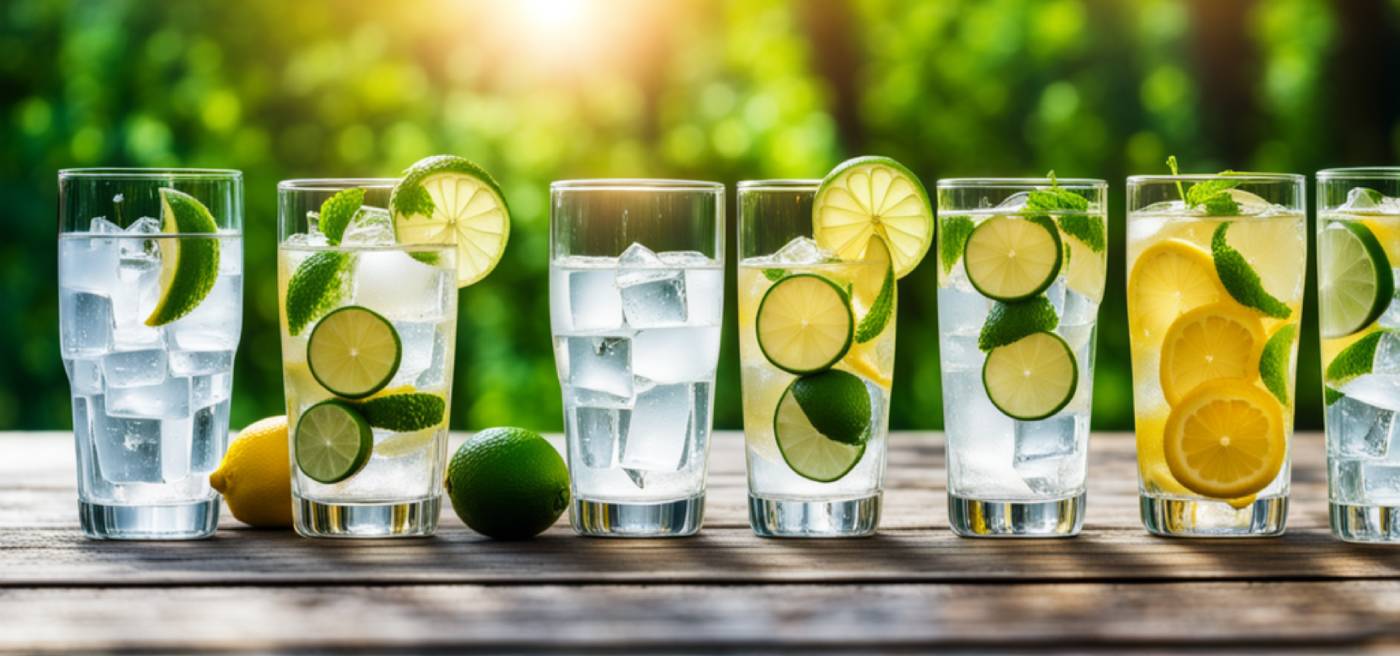Hydrate
Part of my method to lose 150lbs is to make sure I stay hydrated to flush out the fat and toxins. A combination of water and electrolytes is my preferred way to get and stay hydrated, though I do still find that I have to remind myself to drink enough water most days!
Drinking enough water every day is important to mental and physical health, as most of us know.
With the huge variety of drinks available to us it’s easy to drink anything but water and to forget its role in keeping our bodies and brains functioning well.
Water makes up over two-thirds of a healthy human body and helps to:
- regulate body temperature
- lubricate joints
- improve quality of sleep
- deliver nutrients, glucose and oxygen to cells
- prevent infections
- aid digestion
- improve cognitive function
- lubricate eyes
- protect the spinal chord
- keep skin healthy
- regulate mood
- maintain organ function
- flush out toxins and waste products
Electrolytes are minerals that have a positive or negative electric charge when dissolved in water or body fluids such as blood. They are vital to the healthy function of the body because they help to:
- Balance the amount of water in the body
- Balance the body’s pH level (acidity)
- Move nutrients into the cells
- Move waste out of the cells
- Keep bones and teeth healthy
- Support nerve and muscle function
- Regulate the heart rate
- Stabilise blood pressure
Dehydration occurs when the body loses more fluid and electrolytes than are taken in. This upsets the balance of electrolytes or minerals in the body, which affects the way it functions, including a decrease in blood volume, cognitive function and energy, and an increase in heart rate and toxicity.
A few of the earlier warning signs of dehydration include being thirsty and lightheaded, having a dry mouth, feeling tired or lethargic, having dark and strong-smelling urine and going to the toilet less frequently.
I’ve been guilty of subjecting my body to chronic dehydration – in fact, during periods of depression I often drank less than half a litre of fluids, let alone water, a day. There was a time when I drank only wine and fizzy drinks!
The difference in my physical and mental performance when I’m hydrated is undeniable, so I’m making a concerted effort to stay hydrated.
There are purists who argue that if you’re eating enough animal products and drinking enough water, you don’t need to supplement with electrolytes. Personally, I think it’s sensible for me to supplement because I practice time-restricted eating where I fast for 20+ hours a day, most days. Plus I do the odd short- and long-term water fast.
I use an electrolyte powder made from sodium chloride, calcium lactate, potassium chloride and magnesium citrate. In addition I take a magnesium supplement as well as a topical spray. Magnesium deficiency is shockingly common these days (symptoms include nausea, weakness, twitching, cramping, irregular heartbeat) given that it’s used in over 300 enzyme reactions in the body, including the support of cardiovascular and cognitive health.
It’s easy to spot signs of dehydration but why and how do we become dehydrated in the first place?
This simple but excellent video by the Dr Matt & Dr Mike channel on YouTube summarises what happens in the body during the process of dehydration.
THE PROCESS OF DEHYDRATION:
When I was bingeing on convenience food and alcohol, I drank very little water. I drank fizzy drinks and orange juice instead, to be honest. Now that I’ve given up the junk I’m trying to drink water consistently – but, again, I allow my body to tell me how much it needs and when. I drink between 0.5 and 3 litres a day but 2 litres a day seems to be the minimum I need to function well.
Water improves physical performance, increases energy, improves brain function, relieves constipation, helps kidney stones, aids weight loss, helps carry oxygen to cells, improves digestion, regulates body temperature, flushes toxins out of the body, improves the immune system, protects organ tissue, lifts depression, improves cognitive function and protects joints.
Water contains nutritionally beneficial minerals/electrolytes such as sodium, potassium, calcium, magnesium, and phosphate.
All in all, the more hydrated I am, the better I am; everything improves when I’m hydrated, particularly my mood, my cognitive function and my ability (and desire!) to exercise.

i avoid caffeinated drinks LIKE THE PLAGUE
Caffeine dehydrates the body. I was never a tea or coffee drinker but used to drink copious amounts of caffeinated drinks like Pepsi and Coke. While they don’t contain as much caffeine as coffee, those kinds of drinks have a horrible effect on my body and mind, including making me feel dehydrated, anxious, twitching, irritable and restless.
i avoid dehydrating FOODS (except meat)
When I ate lots of salty, sugary foods and drank alcohol to excess I was chronically dehydrated; it makes sense because sugar and salt draw water from the tissues. That said, the body uses water to metabolise naturally occurring nitrogen in meat, so it’s vital to pay attention to water intake whilst eating a carnivore/ish diet.
the important role of electrolytes
Most of us think that dehydration is simply an issue of not having enough water or fluids in the body, when in fact it’s to do with the depletion of electrolytes/minerals as well. Dehydration is an imbalance of water and electrolytes within cells, as Dr Berg highlights in the video below, so rehydration isn’t just a matter of guzzling down water.

